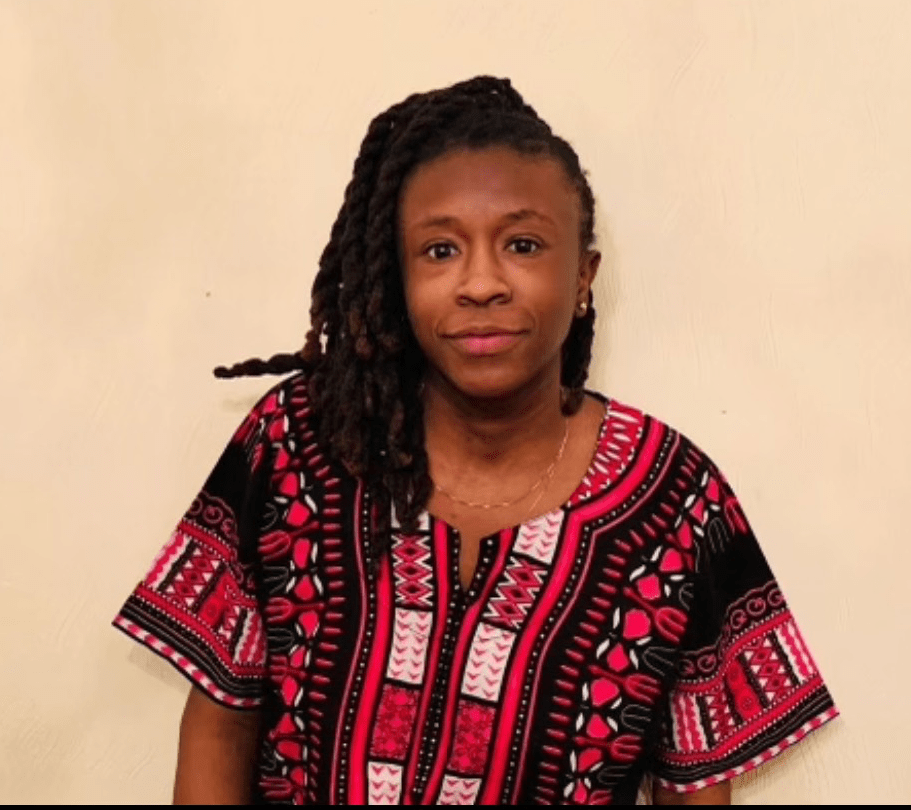
Price
Free
Classtimes
Subjects
Course Type
Description
In this course, we will analyze ways that people living in the United States can engage in their communities in order to make their specific communities better. Additionally, we will analyze the difference between duties and responsibilities and look closely on how both duties and responsibilities have an impact on a local and federal level. Through civic engagement and responsibility, we are able to work collectively to ensure that the people hold power and that they know they can challenge people in government positions who are making decisions in their communities.
State Standards
8.T1.1
Explain why the Founders of the United States considered the government of ancient Athens to be the beginning of democracy and explain how the democratic political concepts developed in ancient Greece influenced modern democracy (e.g., civic participation, voting rights, trial by jury, legislative bodies, constitution writing, rule of law).
8.T1.2
Describe the government of the Roman Republic and the aspects of republican principles that are evident in modern democratic governments (e.g., separation of powers, rule of law, representative government, and the notion of civic duty/common good).
8.T1.3
Explain the influence of Enlightenment thinkers on the American Revolution and framework of the American government (e.g., John Locke, Charles de Montesquieu).
8.T1.4
Explain how British ideas about and practices of government influenced American colonists and the political institutions that developed in colonial America (e.g., the Magna Carta, the concept of habeas corpus, the Mayflower Compact, self-government, town meetings, the importance of education and literacy, the House of Burgesses, colonial legislatures, the Albany Plan of Union).
8.T1.5
Analyze the evidence for arguments that the principles of government of the United States were influenced by the governments of Native Peoples (e.g., the Iroquois Confederacy).
8.T2.1
Apply knowledge of the history of the American Revolutionary period to determine the experiences and events that led the colonists to declare independence; explain the key ideas about equality, representative government, limited government, rule of law, natural rights, common good, and the purpose of government in the Declaration of Independence.
8.T4.4
Define and provide examples of fundamental principles and values of American political and civic life.
8.T4.10
Analyze issues involving liberty in conflict with equality or authority, individual rights in conflict with the common good, or majority rule in conflict with minority rights.
8.T4.12
Examine the role of political protest in a democracy.
Supports Available to Students
Tier 1 (Supports provided to ALL students)
- Foot Notes for Vocabulary
- Provide background knowledge
- Geography Visuals
- Bolded or highlighted words and fonts
Tier 2 (Supports provided to targeted SMALLER groups of students)
- Small group exit ticket data or CFU check in
Tier 3 (Intensive supports provided to SMALL groups or INDIVIDUAL students)
- Read aloud
- Visuals
Skills-learned
- Analyze, discuss and synthesize information.
